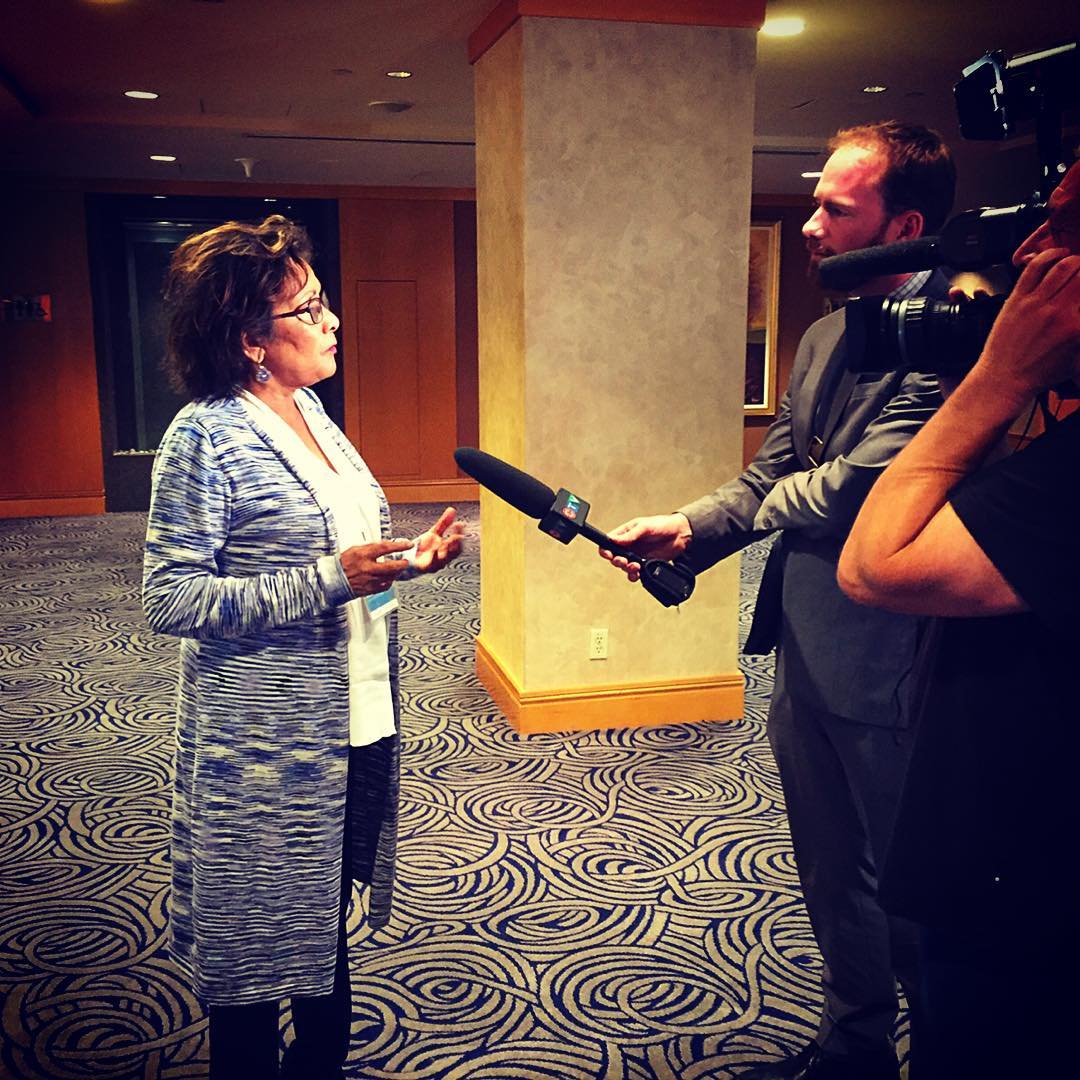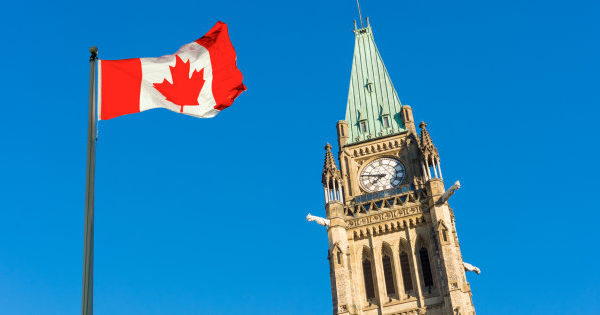Liberals lay groundwork for amending law that criminalizes the sale of sex in Canada
Six years after the Stephen Harper government clamped down on the sex trade, the Liberals appear to be prepared to revisit the issue.
In a phone interview with the Straight, Vancouver Centre MP Hedy Fry said that she expects Justice Minister and Attorney General David Lametti to apply a constitutional lens to the Protection of Communities and Exploited Persons Act.
Ontario judge rules that Peter MacKay’s sex-trade law violates Canadian Charter of Rights and Freedoms
Critics of prostitution bill say Peter MacKay’s testimony won’t slow court challenges
In addition to criminalizing the sale of sex, it bans others from materially benefiting from such transactions and makes it illegal to advertise the sale of sexual services.
“What the attorney general will do is look at it, decide whether or not it is charter-compliant or in compliance with the Supreme Court ruling on Section 7 of the charter—and make amendments and then present the amended bill to the House,” Fry said.
She added that the government intended to do this during its first term.
However, Fry said that the first Liberal justice minister, Jody Wilson-Raybould, had her plate full with cannabis legalization and medical-assistance-in-dying legislation.
Sex workers and their allies say law—introduced by former justice minister Peter MacKay—forces people in the sex trade to remain in the shadows, where it’s more difficult to screen clients.
They say that leaves sex workers more vulnerable to predators.
Earlier this year, Ontario Justice Thomas McKay ruled that three sections of the Protection of Communities and Exploited Persons Act were unconstitutional—a ban on advertising and obtaining material benefits from the sale of sexual services, and procuring.
The case involved Fantasy World Escorts, which had been charged in 2015.
The judge concluded that these sections violated guarantees in the Canadian Charter of Rights and Freedoms to security of the person and freedom of expression.
“I’m a charter Liberal, I’m a charter Canadian, I’m a charter MP,” Fry said. “I believe the charter is probably one of the best examples of a constitution that protects minority groups, small groups, and individuals.”
Earlier this year, Fry took part in a Zoom meeting with 22 representatives of sex-work organizations across Canada.
One of the participants, Susan Davis of the B.C. Coalition of Experiential Communities, told the Straight that there was a frank discussion about the impact of federal legislation on sex workers’ safety.
According to Davis, Fry told the group that Lametti “seems supportive of changes to the Harper-era law”.
“We’re hopeful that sex workers will be included in a more meaningful way than they were during the development of that bill,” Davis said.
Fry pointed out that when Lametti was reappointed as the justice minister and attorney general after last year’s federal election, he received a mandate letter from the prime minister.
In it, Justin Trudeau emphasized that the government fully defends the Canadian Charter of Rights and Freedoms.
“You will continue to ensure that the rights of Canadians are protected, including through your strong support for the Canadian Charter of Rights and Freedoms,” Trudeau stated. “As Minister of Justice, you will see that the administration of public affairs is in accordance with the law.”
Fry said that the COVID-19 crisis has amplified the challenges facing sex workers in Canada.
The Vancouver MP explained that to obtain the $2,000 per month Canada Emergency Response Benefit, someone has to explain to the Canada Revenue Agency what they’ve been doing for a living.
But if a sex workers admits to selling sexual services, which aren’t even defined in the legislation, they’re confessing to criminal activity.
“So they never did that, and many of them can’t get CERB,” Fry said.
—
This article was first published in the Georgia Straight on July 2, 2020
Related links:
Sex workers’ Red Umbrella march goes virtual this year in wake of COVID-19 pandemic





